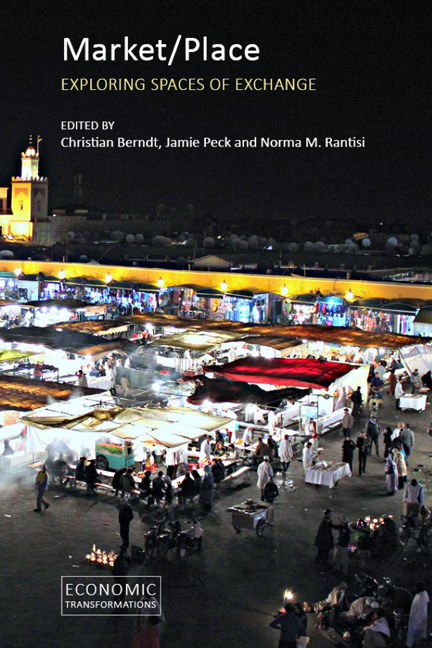11 - From the urbanization of capital to the capitalization of the urban
Published online by Cambridge University Press: 23 December 2023
Summary
INTRODUCTION
In mid-2018 Google Station arrived in Lagos, Nigeria. Previously launched in India, Indonesia, Mexico and Thailand, this is a public internet service comprising a network of free Wi-Fi hotspots. Upon launch in Nigeria, Google Station was available at six locations in the capital, but Google aims for rapid rollout over the coming months, and hopes to have 200 hotspots up and running across five Nigerian cities by the end of 2019 (Akinyelure 2018).
Google Station represents one among a proliferating array of capitalist investments, across cities in both the Global South and North, designed to shape urban futures and also to capture the profits arising therein. By making internet access freely available to city residents, Google has inducted an urban future in which data will flow more abundantly, and sooner, than it otherwise might; less than a third of the Nigerian population currently uses the internet. But it has done much more than that. It has arrogated to itself a share of the income that those data flows will elicit: for, while Lagos gets free internet, the quid pro quo is that Google gets control of advertising in the Wi-Fi log-in portal. Upon launch, Google did not disclose the amount invested in the new Nigeria service, but the dollar value is less important than what this value fundamentally represents, which is the price payable in the present for securing control of a durable future income stream. Google has, in short, capitalized that future income stream, which is a uniquely urban stream in so far as it is predicated upon the unique spatiality of the city – a densely populated milieu characterized by rapid and vast flows of people, energy, money and, of course, data.
Google Station represents a striking example of a wider phenomenon that we refer to as the “capitalization of the urban”. This phenomenon is the subject of the present chapter. We consider it in two stages. First, we consider it in theoretical and historical terms. The capitalization of the urban, we argue, represents (and can be helpfully understood in terms of) a historically specific imbrication of urban space and capitalist markets, one that we place in the context of the longer-run development of market/ space as conceptualized by David Harvey, especially his writing on the urbanization of capital.
- Type
- Chapter
- Information
- Market/PlaceExploring Spaces of Exchange, pp. 193 - 212Publisher: Agenda PublishingPrint publication year: 2020



